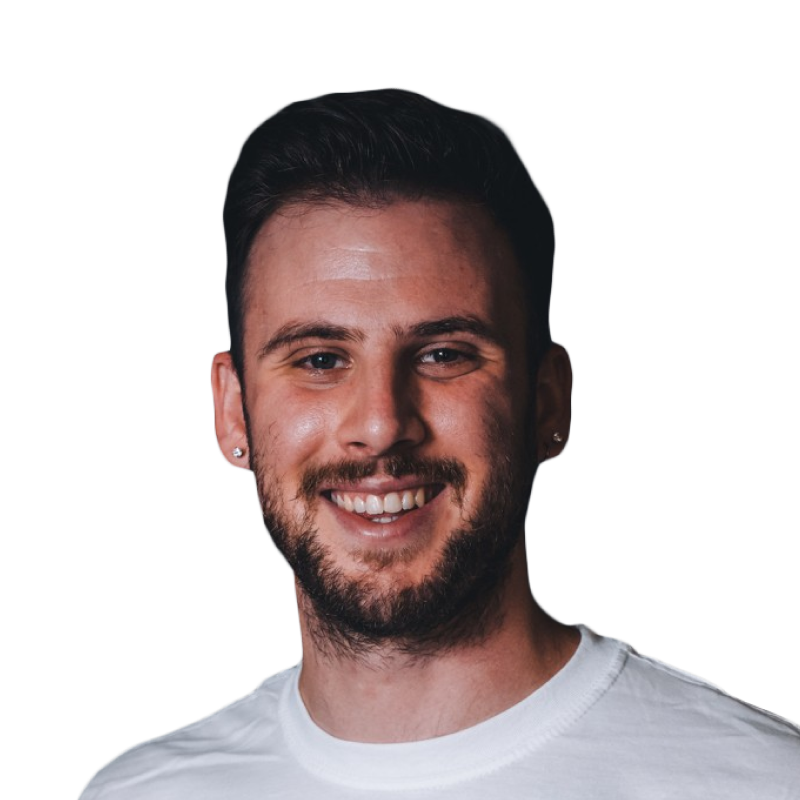Show Notes
"It's not about avoiding failure. It's about avoiding every scenario where you look back and say, ‘I could have done this differently and we wouldn't be here.’"
In part 4, host Jon Chee talks with Bogdan Knezevic, co-founder and CEO of Kaleidoscope, about how smart R&D infrastructure decisions can make or break biotech startups. Bogdan shares his journey from scientist to founder and explains how Kaleidoscope empowers teams to harness their data, streamline collaboration, and extend their runway.
The conversation spotlights real-world examples of how operational efficiency and the right tools create compounding advantages, why time is the true currency in biotech, and how accelerating drug development can have a profound impact for patients. Bogdan also reflects on the importance of learning by doing and paying it forward in the entrepreneurial journey.
Key topics covered:
- Building the “nerve center” for biotech R&D: Centralizing and streamlining operations.
- Why early infrastructure decisions are critical for biotech startups: Early choices shape growth.
- The compounding value of operational efficiency and smart tooling: Small gains drive big advantages.
- How saving time and capital can mean the difference between success and failure: Time and cash are everything.
- Personal lessons on mentorship, paying it forward, and learning by doing: Give back and take action.
If you enjoy The Biotech Startups Podcast, please consider subscribing, leaving a review, or sharing it with your friends. Thanks for listening.
Resources & Articles
Cash Runway 101 https://www.excedr.com/blog/what-is-cash-runway
Tips for Managing Cash Runway After Seed or Series A Financing https://www.excedr.com/blog/managing-cash-runway-after-seed-or-series-a-financing
Organizations & People
HubSpot: https://www.hubspot.com/
Salesforce: https://www.salesforce.com/
Notion: https://www.notion.com/
Kaleidoscope Bio: https://www.kaleidoscope.bio/
Creative Destruction Lab: https://creativedestructionlab.com/
Entrepreneur First: https://www.joinef.com/




